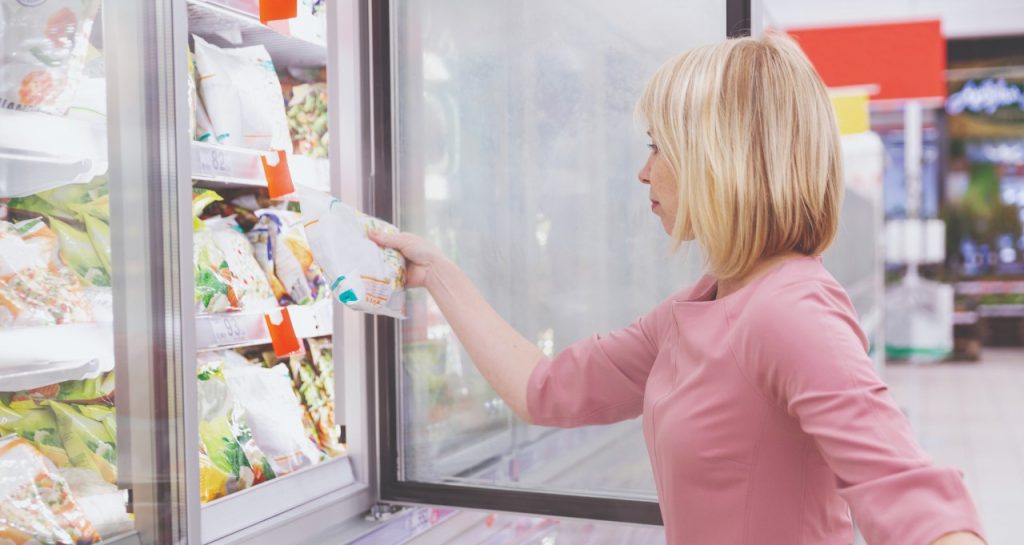The organisation reported that food inflation ahead of Christmas accelerated to 1.1% in November, up from 0.5% in October.
Fresh food inflation jumped even more, from 0.3% in October to 1.2% in November.
Ambient food inflation was fractionally up by 0.9% against 0.8% in October.
These food increases were set against a relatively modest overall shop price inflation rate of 0.3% (against 0.4% decrease in October).
Helen Dickinson, chief executive of the BRC, said: “November saw overall year-on-year prices increase for the first time in two and a half years, driven by rising food prices, and non-food deflation slowing.
“The impact of labour shortages, rising commodity prices and transportation costs have now very clearly taken their hold on consumer prices.
“With food prices rising, and particularly fresh food – which saw the highest inflation since 2019 – we may find some of our Christmas shopping a little more expensive this year.
“Food was also affected by a rise in global food costs where certain staples, such as vegetable oil, have doubled in price in the past two years.
“With ongoing labour shortages throughout the supply chain expected to continue for some time and no signs that rising costs of transport and commodities will subside, we expect the rate of inflation to accelerate over coming months.
“Retailers are doing all they can to mitigate the impacts for their customers, Government also must play its part and work with industry to find long-term solutions to the labour shortages as this will help to relieve cost pressures and protect the pockets of the British public who are already facing mounting costs from increasing energy prices and the looming rise in national insurance.”
 Talking Retail Grocery and product news for independent retailers
Talking Retail Grocery and product news for independent retailers






